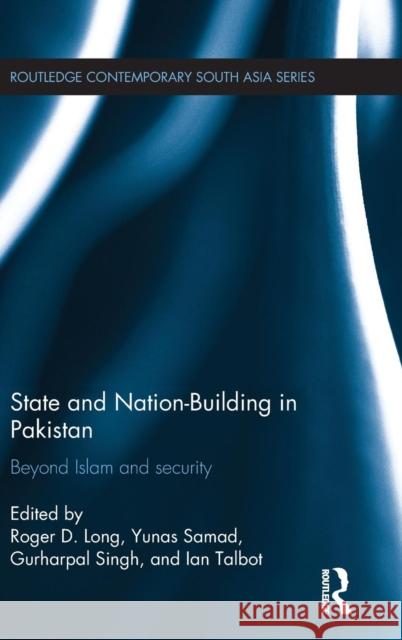State and Nation-Building in Pakistan: Beyond Islam and Security » książka
State and Nation-Building in Pakistan: Beyond Islam and Security
ISBN-13: 9781138903470 / Angielski / Twarda / 2015 / 214 str.
State and Nation-Building in Pakistan: Beyond Islam and Security
ISBN-13: 9781138903470 / Angielski / Twarda / 2015 / 214 str.
(netto: 698,25 VAT: 5%)
Najniższa cena z 30 dni: 705,23
ok. 22 dni roboczych.
Darmowa dostawa!
Religion, violence, and ethnicity are all intertwined in the history of Pakistan. The entrenchment of landed interests, operationalized through violence, ethnic identity, and power through successive regimes has created a system of 'authoritarian clientalism.' This book offers comparative, historicist, and multidisciplinary views on the role of identity politics in the development of Pakistan. Bringing together perspectives on the dynamics of state-building, the book provides insights into contemporary processes of national contestation which are crucially affected by their treatment in the world media, and by the reactions they elicit within an increasingly globalised polity. It investigates the resilience of landed elites to political and social change, and, in the years after partition, looks at the impact on land holdings of population transfer. It goes on to discuss religious identities and their role in both the construction of national identity and in the development of sectarianism. The book highlights how ethnicity and identity politics are an enduring marker in Pakistani politics, and why they are increasingly powerful and influential. An insightful collection on a range of perspectives on the dynamics of identity politics and the nation-state, this book on Pakistan will be a useful contribution to South Asian Politics, South Asian History, and Islamic Studies.











